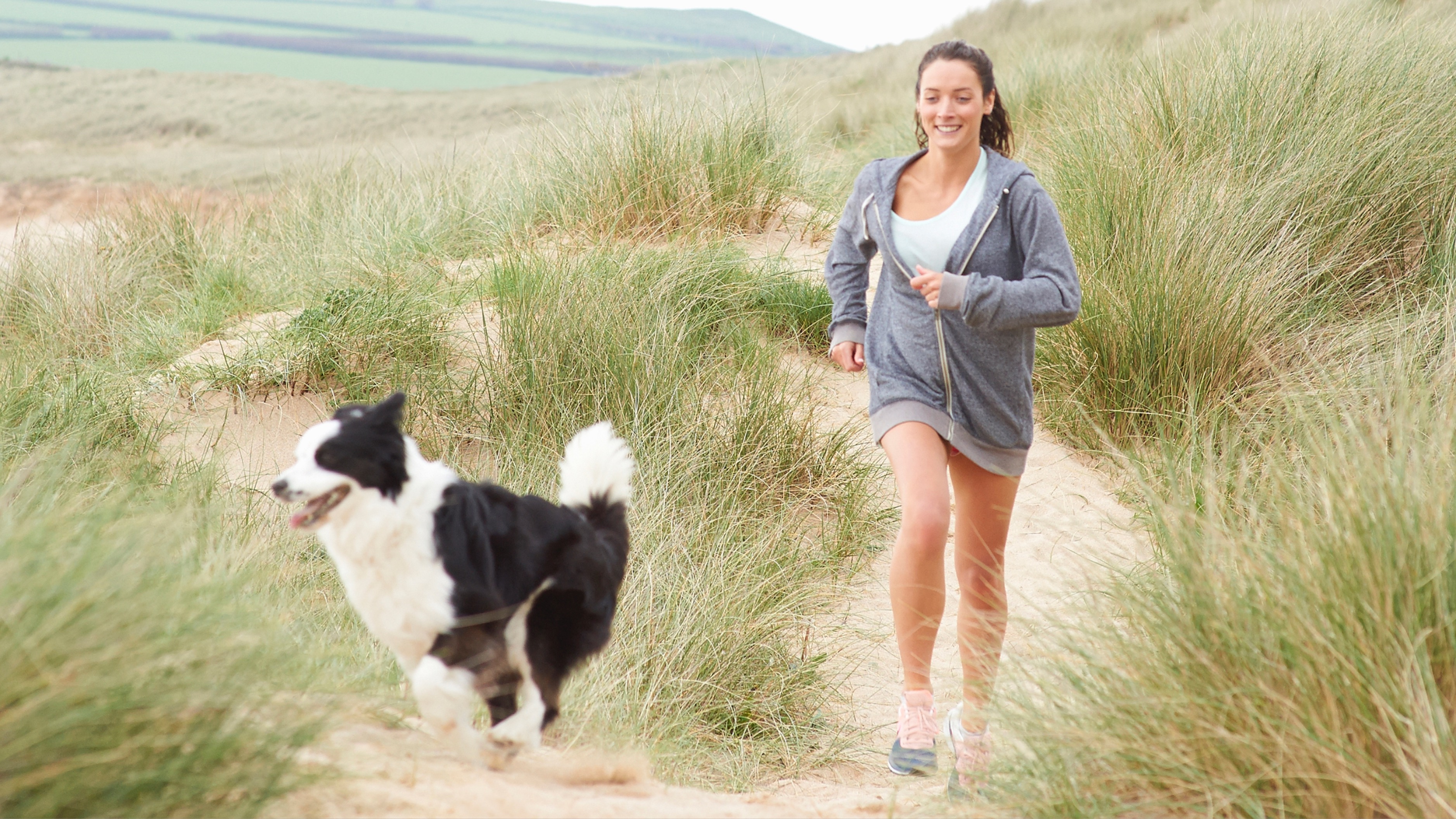
Do you let your dog off-leash when you’re out and about? While there are times when your pup will need to be on a leash, be it for their own safety or that of others, or even because it’s the law, there are also times when it might be a good idea to let your dog off-leash to explore and have a little more freedom.
But, how do you know when you can trust them off their leash? It can be hard to figure out, especially because every dog is different. Some dogs might not ever be trusted off-leash, even if you’ve got some of the best dog treats with you to help entice them — but that’s where the experts come in.
In a recent Instagram post, certified dog trainer Melissa Goodman of Mission Pawsitive has explained exactly what to consider when it comes to letting your dog off-leash and it's certainly given us something to think about.
“When it comes to letting your dog off-leash, first things first: respect leash laws and be considerate of other people,” writes Goodman in her caption. “Some dogs can’t ever be off-leash safely and that is okay.”
“You need to be able to recall your dog anywhere,” says Goodman in the video, “and they will come to you regardless of what is going on around them 98% of the time. It’s also important for your dog to want to be aware of where you are, check in with you, and choose to stay relatively close.”
The reason Goodman says 98% rather than 100%, she explains, is because dogs are living, decision-making creatures, and nobody — humans included — is 100% reliable. If your dog isn’t totally perfect when it comes to recall, it doesn’t mean that they can never be off their lead.
In Goodman’s video, her dog, Aspen, stops when she sees her change direction — walking the other way is a cue for Aspen to move with her. When Aspen does so, Goodman heavily rewards her, making her want to stay close by. Here are another 15 helpful ways to get your dog to come back to you on off-leash walks, too.
And, as Goodman explains, “Even though I can call Aspen away from anything, I always have a line on her as a backup. And I did not start dropping that long line for a long time to make sure she had a ton of success to the point where recall became second nature to her.”
So, putting your pup on a long line is always an option that you might go for — it gives them a degree of freedom, but means that if you’re not completely confident with their recall, it’s easier to get them to come back to you.
And, of course, you know your pup best. It’s up to you to decide whether they’re ready to be off-leash or not!
If you’re struggling with your dog off-leash, you might find this article insightful: My dog embarrassed me with her terrible off-leash behavior — here’s how I fixed it.







